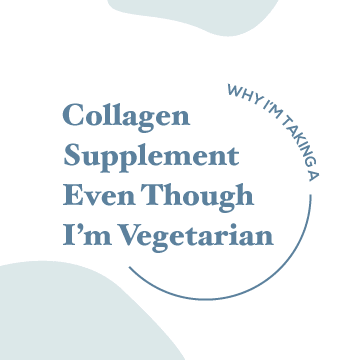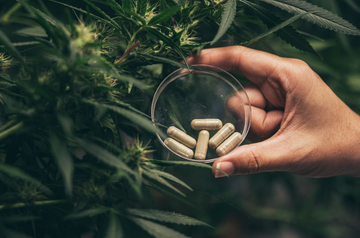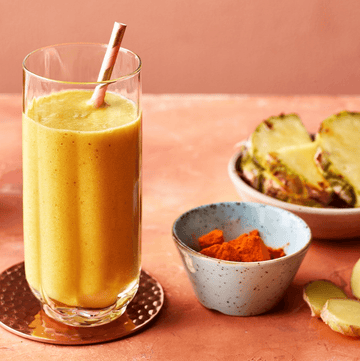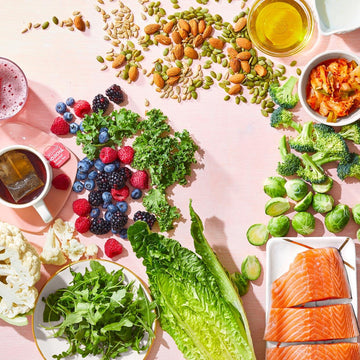I officially became a vegetarian at age 19, although I had been grappling with the idea for years before that. The idea of eating meat never really appealed to me. I remember for any sort of celebration in my family, my mom would excitedly announce, “We’re having steak for dinner!” or “Let’s BBQ!” The rest of my family would respond enthusiastically, but I would quietly groan to myself wishing for grilled cheese instead.
When I entered my teenage years, my interest in health skyrocketed, especially in nutrition. I wanted to know what the food I was eating was actually doing to me. I thought endlessly about how food was one of the only things that we voluntarily consumed, and so of course it would drastically impact our health. This fascination coupled with my sensitivity for animals led me to give up eating meat for good. Through all my teenage research, I never came across anything suggesting that chicken, pork, and beef were inherently good for us, except maybe from gym rats or protein enthusiasts. And so at 19 years old, Michael Pollan’s iconic line “Eat food, not too much, mostly plants” became my new mantra.

You can get the kindle or hardcover version here.
My studies at university solidified my dietary choices. I enrolled in the Human Nutritional Sciences department at the University of Manitoba so excited about turning my passion into a full-time career. I loved studying the science behind how the body digests and absorbs food and never once in my 5 years at university did I come across some piece of research or a professor who made me question my vegetarianism. This continued through the beginnings of my career in the nutrition industry, all until about a year ago when I discovered the benefits of collagen.
What is Collagen and why are so many people talking about it?
Collagen is the most abundant protein in the body. It is already a component of your hair, skin, nails, and connective tissues. When we age, our bodies naturally produce less collagen. This is typically obvious visually through our skin. Think wrinkles and fine lines. It also can be demonstrated through joint pain and stiffness as well as thinning hair.
Collagen is naturally found in certain foods, but only animal sources, as plants are not constitutionally made up of collagen. Bone broth, chicken skin, and gelatin are some of the sources that contain high amounts of collagen; however, these foods are not typically eaten in the western diet. This is where collagen supplementation comes in.
Health Benefits
The health benefits of taking a collagen supplement are promising. Studies have shown that collagen may help improve skin elasticity and appearance, prevent the development of arthritis and osteoporosis, and may even help increase muscle mass (collagen is a protein after all!)
The beauty benefits of collagen are what’s most appealing to me and something that can’t be replicated through any other supplementation. The ability to reduce some of the effects of aging by replenishing some of the lost collagen is pretty amazing and something that should be explored further. In an age of the youthful ideal, expensive facial creams, and the increasing popularity of plastic surgery, taking a simple collagen supplement seems like a natural (and less expensive!) way to improve skin quality, reduce wrinkles and strengthen hair and nails. Unfortunately, to my beauty-conscious vegetarian friends, the main pitfall of collagen supplements is that it’s impossible to find natural sources of collagen in plants.
But Can Collagen be Vegan?
There are a few vegan collagens out there in the market but because collagen is exclusively found in animals, can these plant-based products still provide the same benefits? Because of recent advances in technology, scientists are now trying to re-create the collagen structure from plant sources like soy, pea, and hemp proteins. This new experimentation has lead to many new vegan-friendly collagen products; however, it is uncertain as of yet to whether these new products provide the same benefits as natural collagen from meat or fish sources. It is promising that in the future vegans and vegetarians will be able to acquire the same benefits of collagen as meat-eaters do, yet as of now, the evidence is still lacking. And until then, even though I'm proudly vegetarian, my collagen supplement will remain a part of my everyday beauty routine.
Kirstin Berrington is an AURA Team member with a passion for all things nutrition and health. As a nutritionist, she is equipped with a B.Sc. in Human Nutritional Sciences to help answer all your food-related questions











